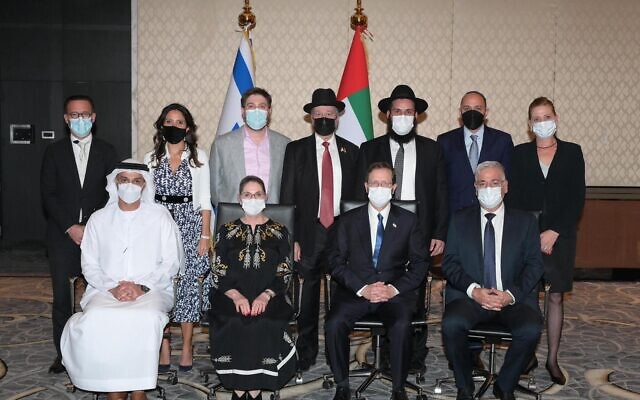UAE’s clean energy contribution rises to 27.83% in total energy mix
Hyphen Web Desk

The UAE's strides in clean energy have been marked by its ambitious strategies and projects aimed at reducing dependency on traditional fossil fuels. This shift is a part of the broader effort to meet the UAE’s sustainability goals under the Paris Agreement, with the country aiming to achieve net-zero emissions by 2050. The achievement of nearly 28% clean energy in the national grid comes after years of extensive efforts to increase renewable energy generation capacity through projects like the Mohammed bin Rashid Al Maktoum Solar Park, Barakah Nuclear Power Plant, and various smaller-scale renewable projects across the emirates.
Experts from across the region and beyond have hailed the UAE’s progress as a model for other nations looking to transition towards cleaner energy solutions. They have also highlighted that the UAE's advances in clean energy represent both a national achievement and a significant contribution to the global fight against climate change. With climate-related disasters becoming more frequent worldwide, the UAE's proactive steps are seen as a positive example of how countries can pivot towards a more sustainable energy future.
The UAE’s landmark clean energy projects are largely responsible for the rapid growth in renewable energy capacity. The Mohammed bin Rashid Al Maktoum Solar Park, one of the world’s largest solar farms, has been central to the country’s solar energy output. Located in Dubai, the park aims to have a capacity of 5,000 megawatts (MW) by 2030, contributing significantly to the national clean energy supply. The latest phases of the project, using photovoltaic and concentrated solar power technologies, are pushing the boundaries of energy efficiency and helping the country inch closer to its long-term energy goals.
Another key player in the country’s clean energy transformation is the Barakah Nuclear Power Plant, which is the first nuclear power plant in the Arab world. Located in Abu Dhabi’s Al Dhafra region, Barakah is expected to produce up to 5.6 gigawatts (GW) of electricity once all its units are fully operational. The plant, currently in various stages of operation, is a major step toward reducing the UAE’s dependence on natural gas for electricity generation. Officials have pointed out that once fully online, Barakah alone will account for around 25% of the UAE’s total energy production, making it a cornerstone of the country’s clean energy strategy.
The government's dedication to sustainability is not limited to large-scale projects. There has been considerable investment in smaller renewable energy initiatives, especially in less urbanized areas of the country. These projects, which focus on harnessing solar and wind energy in remote regions, not only contribute to the national grid but also promote energy independence in various communities. Additionally, efforts to integrate new technologies such as hydrogen fuel and carbon capture systems are further advancing the UAE’s position as a leader in energy innovation.
As the UAE continues to ramp up its clean energy capacity, the private sector has also been actively involved in supporting the transition. Major companies within the UAE are increasingly investing in renewable energy projects, aligning their corporate strategies with the government’s sustainability targets. This collaboration between the public and private sectors has been a critical factor in accelerating the clean energy drive, with some of the country's largest industrial firms making notable strides in reducing their carbon footprints.
In addition to domestic clean energy projects, the UAE has also been extending its reach internationally by investing in renewable energy projects in other parts of the world. Through initiatives like the UAE-Caribbean Renewable Energy Fund and partnerships with African nations, the UAE has helped deploy solar power and other renewable solutions in regions that are particularly vulnerable to climate change. These international efforts are further bolstering the UAE’s image as a global leader in sustainable development.
However, despite these advances, challenges remain in the UAE’s journey towards achieving its net-zero target. Experts point out that while significant progress has been made, ensuring a stable, uninterrupted supply of clean energy across the country requires further investment in grid infrastructure and energy storage technologies. Additionally, as the country aims to reduce emissions in sectors beyond energy production, the UAE will need to focus on decarbonizing transportation, industry, and agriculture to meet its broader climate goals.
There is also an increasing focus on the role of innovation in the UAE’s clean energy plans. New technologies such as artificial intelligence and smart grids are being explored to improve the efficiency of renewable energy production and distribution. The introduction of electric vehicles, hydrogen-powered transportation, and energy-efficient buildings are also seen as critical components of the nation’s broader green economy initiative.
التسميات:
#Syndication
مشاركة:
